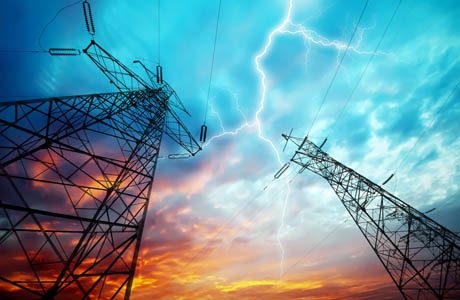
Seemingly an important boost for the development of technologies to help with balancing services for the electrical grid, National Grid announced on 26 August the winning applicants from its first auction for 200MW enhanced frequency response (EFR) provision.
Seven companies were awarded four-year contracts, with battery storage technology emerging as the preeminent contender in this space. The firms were: E.ON UK, Element Power, EDF Energy Renewables, Low Carbon (two contracts for two separate projects), RES and Vattenfall.
The four-year timescale is intended to afford a level of certainty in their efforts to develop the technology.
Roy Bedlow, Chief Executive, at Low Carbon, said: “As the UK’s energy requirements continue to grow, energy storage has an essential role to play in ensuring that energy is always available where it is needed. As the energy industry moves away from carbon-heavy production, the twin-approach of renewable energy and storage will enable us to collectively combat the causes of climate change and achieve a global low-carbon future through carbon emissions reduction.”
Cordi O’Hara, Director of UK System Operator, National Grid said: ‘We are constantly looking to the future to understand how we can make the most of the energy available to us. This project is at the very core of our Power Responsive work, to balance the Grid by the most efficient means possible, saving money and energy.
‘These awards show that we can work with industry to bring forward new technology and I believe storage has much to contribute to the flexible energy system of tomorrow. This is the beginning of an exciting new chapter for the industry.’
The EFR tender was intended to enhance the provision of technologies that can better the speed of response of solutions that resolve system volatility issues. This improved ability to cope with fluctuations in frequency is expected to deliver cost savings of £200 million in addition to improving the delivery of services to the end user, decreasing costs for the consumer.
Bids were received from 37 firms, of which the majority were presenting solutions based on battery storage.







